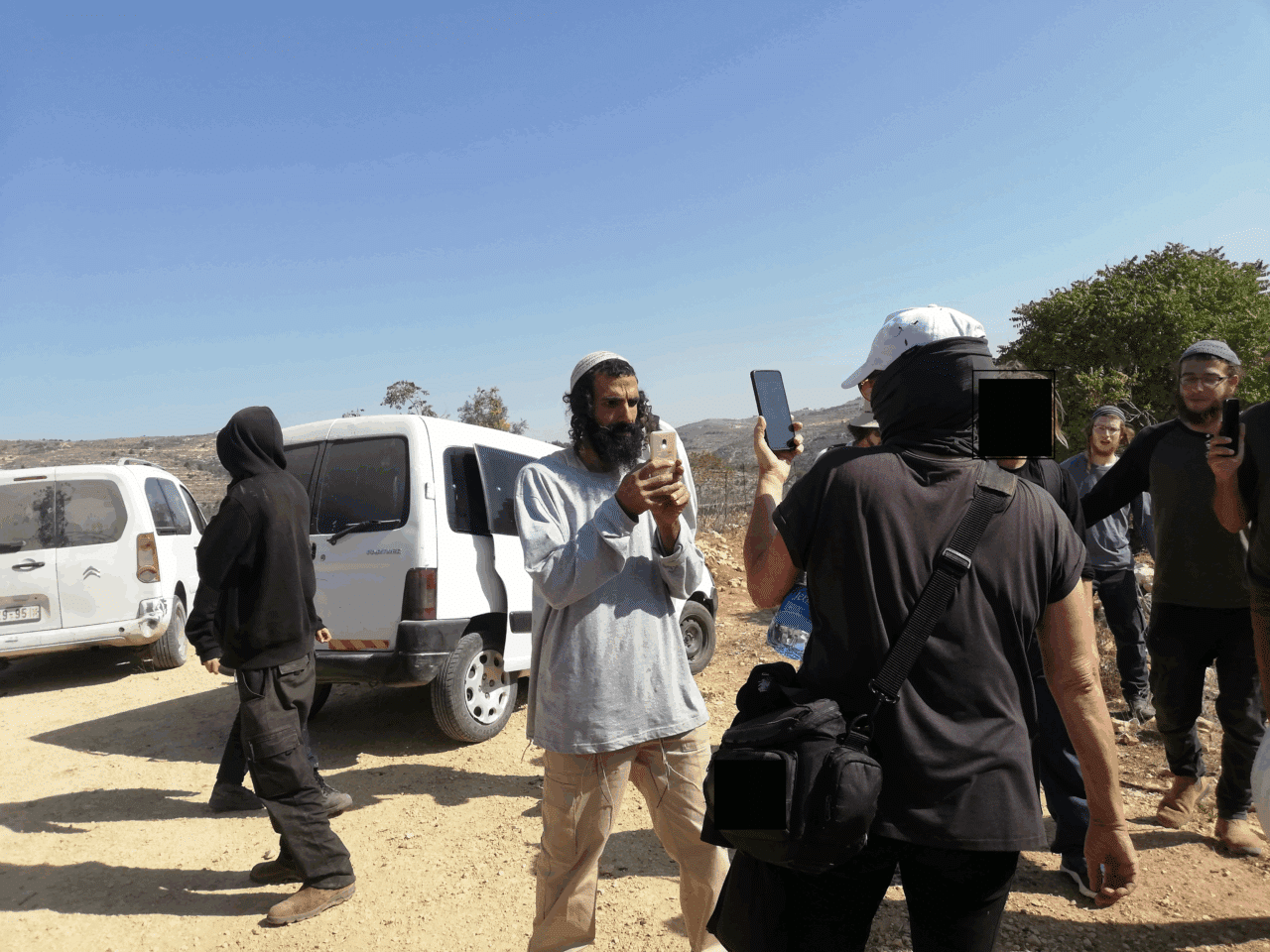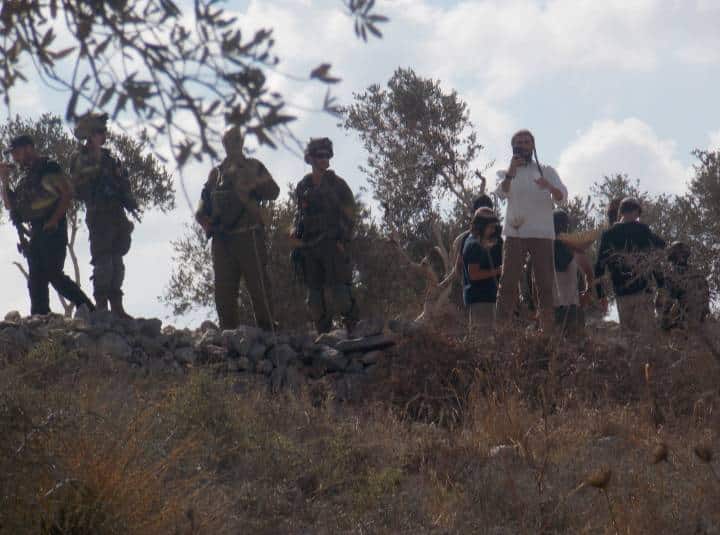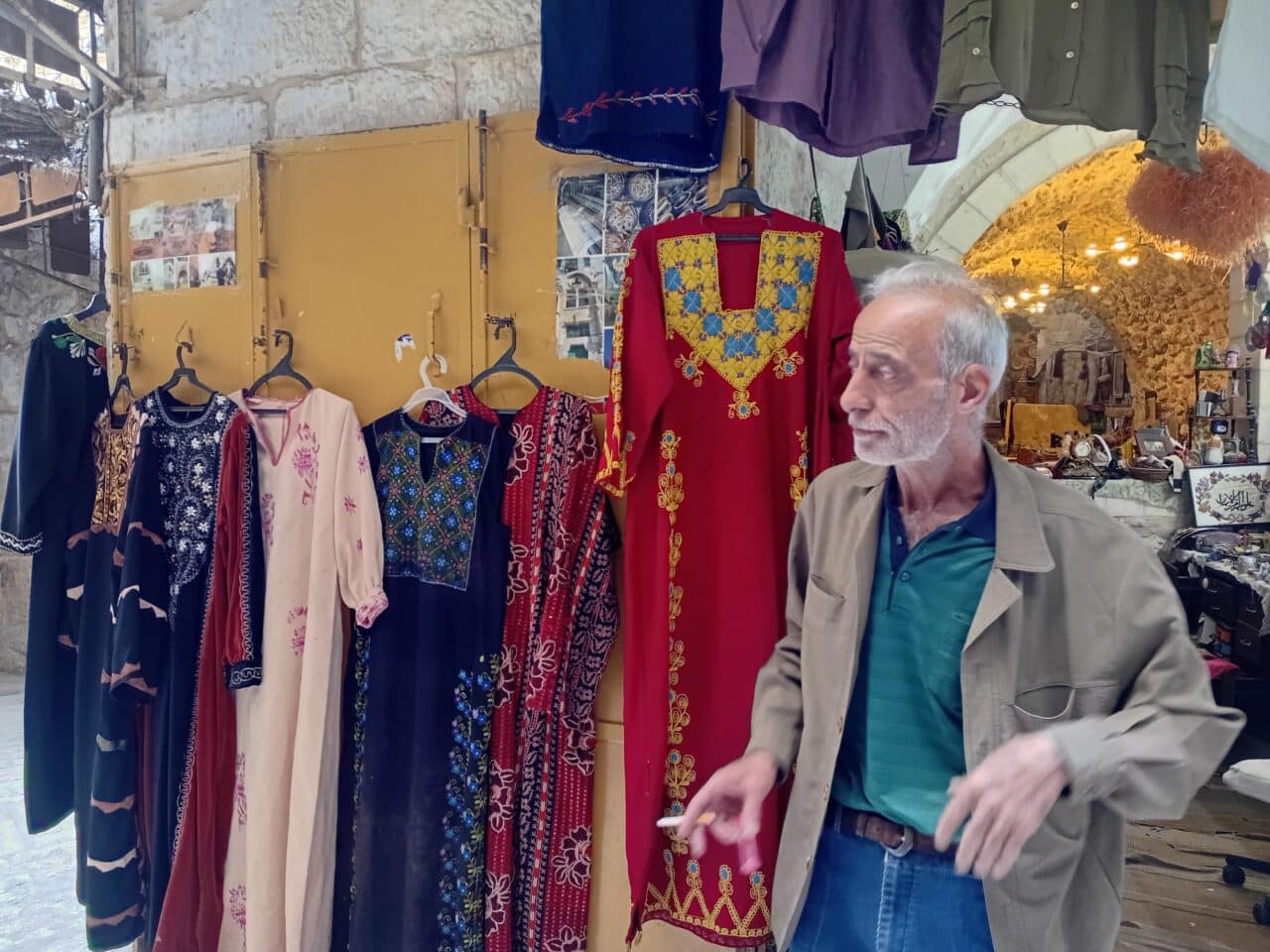Category: Journals
-
Olive Harvest Journals: a Day in Silwad
The harvest in Silwad began with a tense walk on the morning of October 17th. Settlers were observed on the horizon, as solidarity activists traversed the valley towards the trees. Around thirty of us traveled in solidarity with Palestinian farmers, passing by an illegal Israeli settler outpost that had been constructed last year. We eventually…
-
Testimonies from the West Bank: Jordan Valley and the Olive Harvest
It’s difficult at times to keep track of the time here. The days pass fast and at the same time they are fulfilled with so many things to do from very early time in the morning. I have been a few days away from the Jordan Valley, supporting the olive harvest in different communities. Communities…
-
Rooted in History, Al-Khalil Under Attack
Rooted in History, Al-Khalil Under Attack Standing in the center of the shop in the Old City of Hebron, known as Al Khalil to Palestinians, stands a 300-year old sesame press. Hisham, the shop owner, lights up when we ask him to talk about its history. Hisham shows us a photo from when the press…



